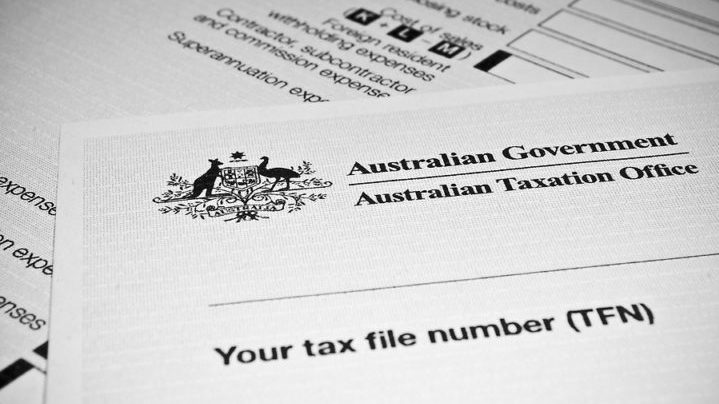If you plan to lodge your tax return yourself, you need to be aware that the deadline for lodging your return is less than three weeks away.
Spurred on by the government’s low- and middle-income tax offset (LMITO) – which is effectively a tax cut of up to $1080 paid when your tax return is lodged – over 8 million people have already lodged their 2019 return, 13 per cent up on the same date last year. But this means that around five million people are yet to lodge and for some of them, the clock is rapidly counting down.
With millions of dollars of unclaimed refunds on the table, it makes sense to take action now to get your return in as soon as possible in order to get back any tax that you are owed and to take advantage of the LMITO.
The latest date for self-lodgers to get their tax returns in to the ATO is 31 October 2019. If you lodge after that date, you run the risk of incurring a late lodgement penalty.
Taxpayers who use a tax agent can usually lodge well beyond that deadline without penalty. The ATO gives tax agents concessional extended deadlines which mean that they can lodge returns on behalf of clients up to 15 May 2020 without incurring any penalty.
Generally speaking, over 70 per cent of taxpayers use a tax agent, a figure that rises to over 95 per cent for small-business owners. If you are entitled (or believe you are entitled) to claim deductions, either for your business or as part of your job, it makes sense to get an expert to prepare your return in order to ensure that you claim all the deductions you are entitled to.
If you think you may not be able to meet the 31 October deadline, you should now be giving serious thought to visiting a tax agent. You MUST be registered with the agent by 31 October in order to benefit from the extended deadline.
Self-lodgers who fail to lodge by 31 October could be hit with an immediate late lodgement penalty of $210, increasing by a further $210 for each successive 28-day period that the return remains outstanding, up to a maximum of $1050. If you still fail to lodge once the maximum penalty is reached, the ATO can issue you with a default assessment (in effect, an estimate of what the ATO thinks your income is) or they can prosecute you.
With only a few weeks left to go, you might well be starting to feel the pressure if you haven’t yet started your return. My key tip is that you should really be considering using a tax agent, particularly if you have been deterred from completing your return so far by the complexity of the task.
Not lodged your 2018 return yet?
The bad news is that if you have a return outstanding from an earlier year, like 2018, you can’t take advantage of the extended tax agent deadlines for your 2019 return, even if you use a tax agent.
So, you must lodge this year’s return by 31 October 2019 in order to avoid a late-lodgement penalty.
And, whilst you’re about it, it makes sense to get any prior year returns done too. Don’t worry if you’re missing information about your income and/or deductions for those earlier years. Your tax agent will typically be able to help by drawing on information already held by the ATO and advising you on what deductions you can claim.
Mark Chapman, Director of Tax Communication, H&R Block
















